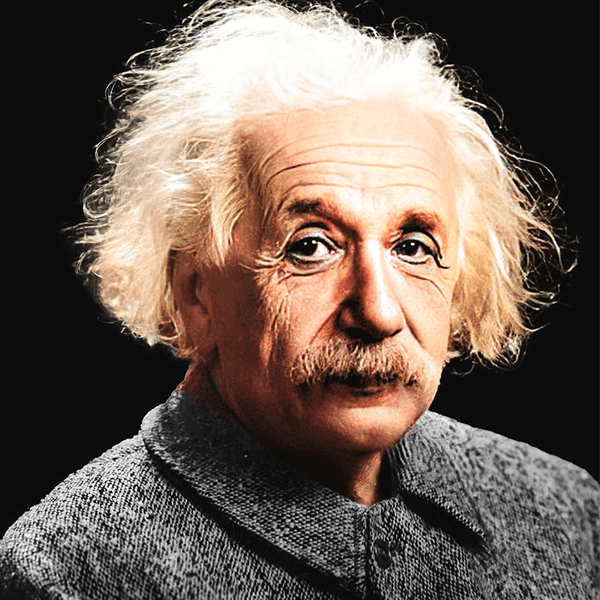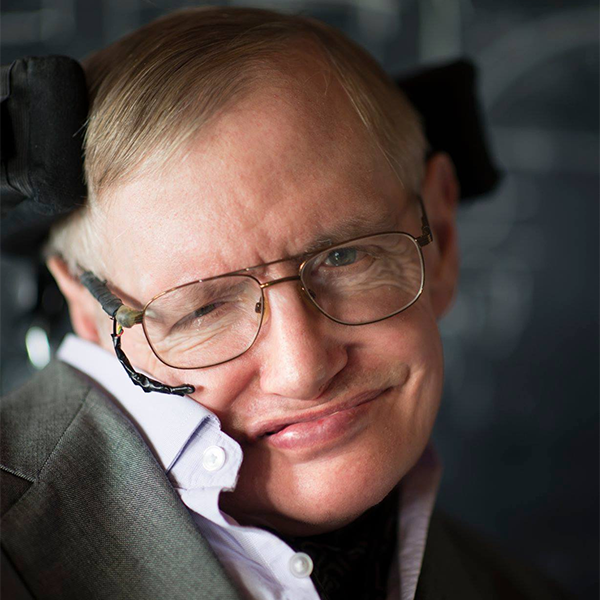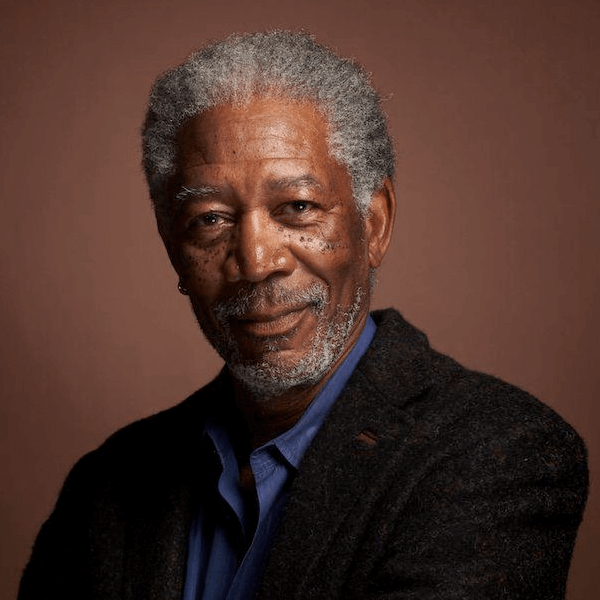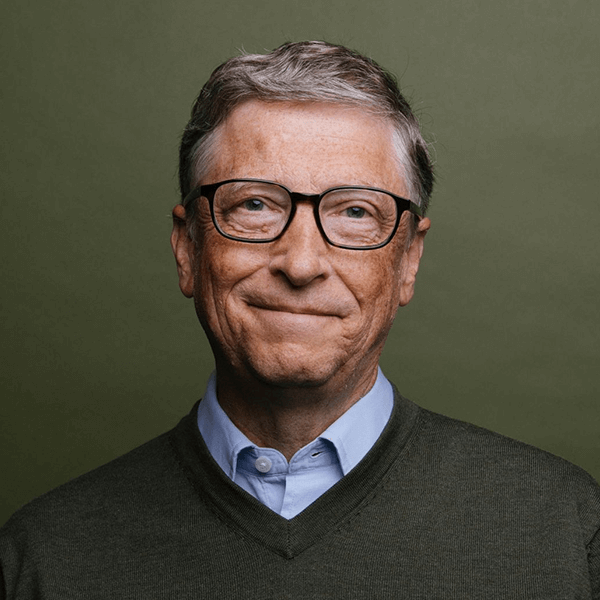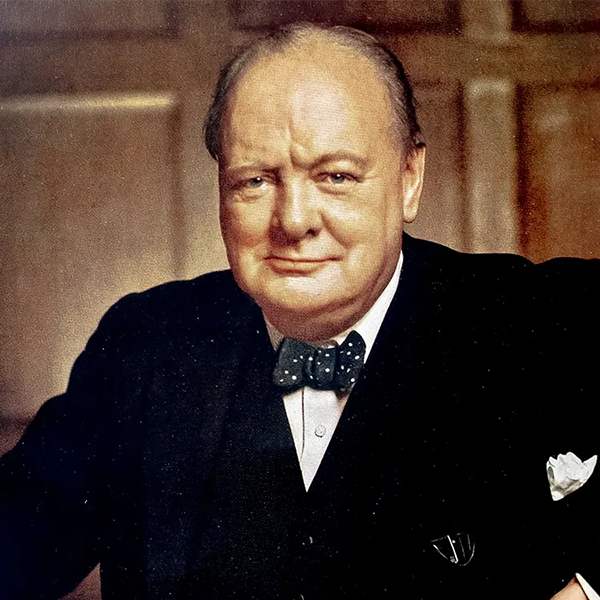Daniel Kahneman is a renowned psychologist and economist, celebrated for his extensive research on the psychology of judgment and decision-making, as well as behavioral economics. Born in 1934 in Tel Aviv, Israel, he spent his childhood years in France before moving to Israel. Kahneman's pioneering work, for which he won the Nobel Memorial Prize in Economic Sciences in 2002, primarily deals with the biases and heuristics that influence how people make economic choices. His findings have had a profound impact, revealing the often-irrational ways in which personal and financial decisions are made. His most popular book, "Thinking, Fast and Slow," introduces broader audiences to his research, exploring the dichotomy between two modes of thought: "System 1," fast and intuitive; and "System 2," slower and more logical.
❝A general 'law of least effort' applies to cognitive as well as physical exertion. The law asserts that if there are several ways of achieving the same goal, people will eventually gravitate to the least demanding course of action.❞ — Daniel Kahneman
Kahneman's scholarly activities, including teaching and research, reflect his wide-ranging intellectual curiosity and his deep understanding of psychology and economics. Though not much is publicly known about his personal reading habits, his academic and research career suggests a broad engagement with literature in his fields. His work integrates concepts from psychology, economics, and the decision sciences, indicating a scholar well-versed in a variety of academic materials and someone who values the depth of understanding that reading provides.











